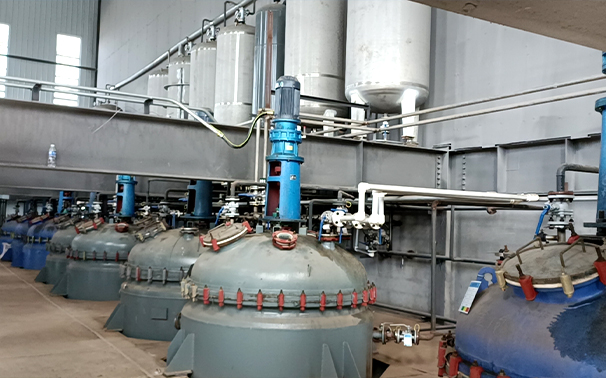Organic Phosphonates
The Significance of Organic Phosphonates in Modern Chemistry
Organic phosphonates are a class of compounds that have gained considerable attention in recent years due to their unique chemical properties and diverse applications. Characterized by the presence of a phosphorus atom bonded to carbon and oxygen atoms, organic phosphonates play a critical role in various fields, including agriculture, medicine, and materials science.
One of the most notable features of organic phosphonates is their stability and resistance to degradation, which makes them invaluable in agricultural practices. They are commonly used as herbicides, fungicides, and insecticides. For instance, glyphosate, a widely used herbicide, is a phosphonate derivative known for its effectiveness in controlling unwanted vegetation. Its efficacy against broad-spectrum weeds has revolutionized farming techniques, leading to increased crop yields and better resource management.
In the realm of medicinal chemistry, organic phosphonates have emerged as crucial scaffolds in the development of pharmaceuticals. Several antiviral and antibacterial agents are derived from phosphonates, owing to their ability to mimic natural substrates in biological systems. One prominent example is the antiviral drug tenofovir, which is used in the treatment of HIV and hepatitis B. The phosphonate moiety in tenofovir enhances its potency and bioavailability, showcasing the importance of these compounds in therapeutic applications.
organic phosphonate

Moreover, organic phosphonates find significant use in materials science. Their ability to form stable complexes with metal ions leads to the development of advanced materials with unique properties. For example, phosphonated polymers are used in the production of high-performance membranes for water purification and fuel cells. These membranes exhibit enhanced ionic conductivity and chemical stability, making them suitable for various industrial applications.
The synthesis of organic phosphonates has also evolved, with new methodologies allowing for greater efficiency and the production of novel derivatives. Techniques such as microwave-assisted synthesis and the use of renewable resources in their production are gaining traction, facilitating the development of sustainable chemical processes.
In conclusion, the significance of organic phosphonates extends far beyond their chemical structure. Their versatility in applications from agriculture to medicine and materials science exemplifies their importance in modern chemistry. As research continues to unveil new uses and synthetic routes, organic phosphonates are poised to remain at the forefront of chemical innovation, contributing to advancements that benefit society as a whole.
-
Water Treatment with Flocculant Water TreatmentNewsJun.12,2025
-
Polymaleic AnhydrideNewsJun.12,2025
-
Polyaspartic AcidNewsJun.12,2025
-
Enhance Industrial Processes with IsothiazolinonesNewsJun.12,2025
-
Enhance Industrial Processes with PBTCA SolutionsNewsJun.12,2025
-
Dodecyldimethylbenzylammonium Chloride SolutionsNewsJun.12,2025





